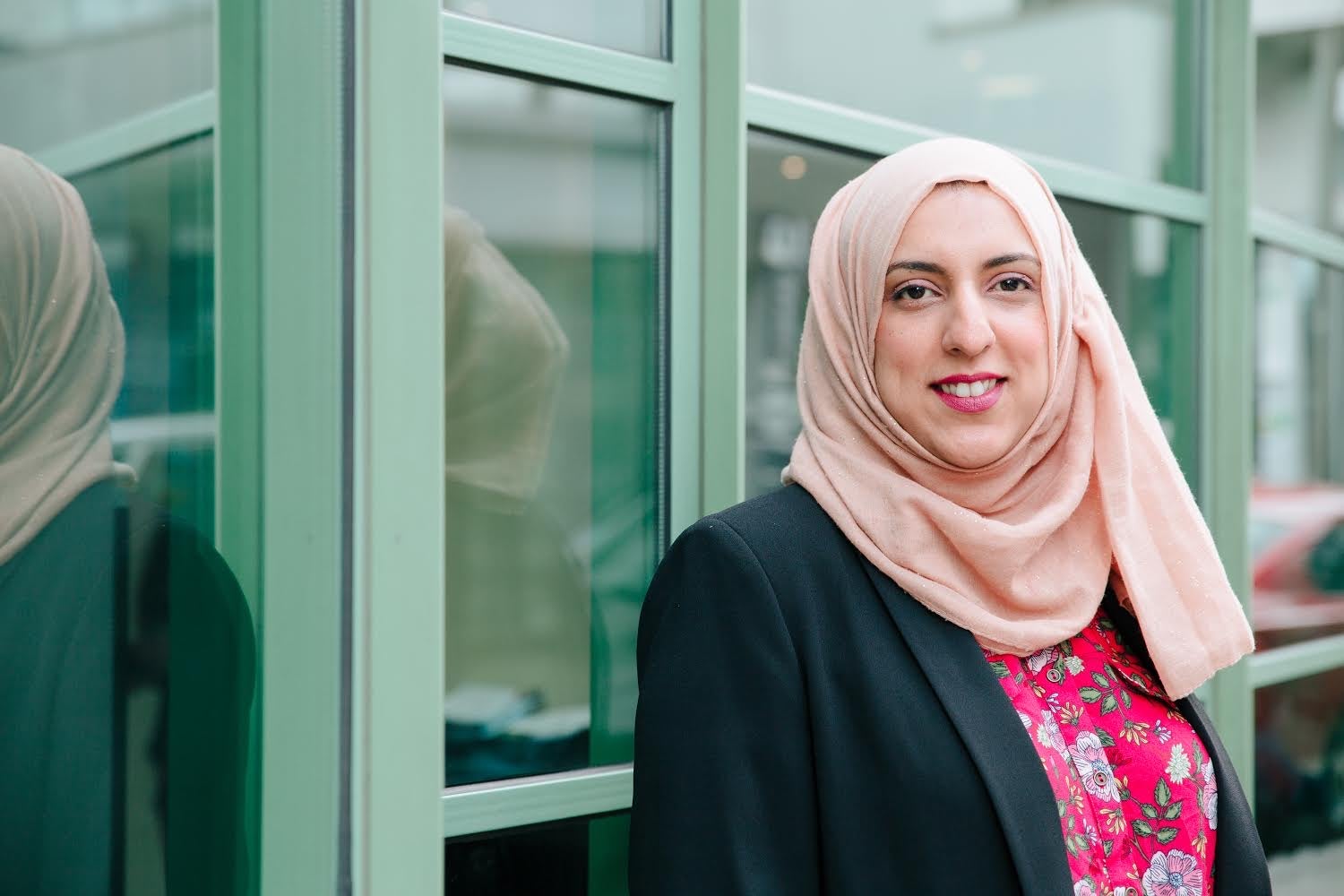I’m chair of the government’s Islamophobia taskforce – we haven’t met in years
At this time of heightened fear, anxiety and tensions, government should be doing its utmost to fulfil its statutory obligations and responsibilities towards all communities, writes Akeela Ahmed. Yet when it comes to British Muslims, this simply isn’t happening. I should know...


Since the atrocities on 7 October and the ensuing war on Gaza by Israel there’s been a staggering increase in antisemitic and anti-Muslim hate crimes. The regional conflict is playing out on UK soil in ways never seen before. Misinformation and fake news are spreading rapidly online, with extremists on all sides exploiting the conflict to catalyse their hatred of Muslims and Jews alike.
While Tell MAMA has recorded a 335 per cent increase in anti-Muslim hate cases over the last four months, even before the outbreak of war the situation was intolerable.
At the time, this made British Muslims the most targeted faith group in recorded religiously motivated hate crimes. But we know from British Crime Survey data that recorded hate crime figures only tell part of the story. Actual instances of hate crime will be far higher due to significant underreporting, often due to lack of trust in authorities.
Anti-Muslim prejudice and discrimination has become a national crisis undermining safety and cohesion for all British citizens, creating a climate of fear and division. Yet for the last four years, I’ve seen first-hand how the UK government has systematically neglected its urgent duty to deal with anti-Muslim hate crime, nor has it pursued measures to protect communities, prevent escalating tensions and address root causes.
Under the 2012 coalition, I was appointed to the first ever cross-government Anti-Muslim Hatred Working Group (AMHWG) as one of its several volunteer ministerially appointed independent members, due to my expertise on grassroots and vulnerable communities. In addition to the vetted unpaid independent experts, AMHWG’s membership comprised 10 government departments. In 2016, I was nominated to become chair of AMHWG’s independent members, and went on to act as AMHWG’s co-chair alongside the minister.
The AMHWG brought about several milestones in addressing hate crime, including the government’s move in 2016 ensuring all police forces record anti-Muslim hate crime separately (before which all hate crimes except antisemitic ones were lumped together). The AMHWG’s independent members worked tirelessly with the Home Office, Department for Transport, armed forces, Crown Prosecution Service and Department of Education, among many others, to create cohesion between British Muslim and non-Muslim communities.
Then in March 2020, the government put the AMHWG’s formal activities on pause due to the Covid-19 pandemic. Even without formal support, I and other independent members of the AMHWG continued, commissioning research revealing how the pandemic was exacerbating anti-Muslim narratives.
Yet despite repeated promises to restart the AMHWG and address the worsening trend of anti-Muslim hatred, the government has failed to do so. Over the last four years, I’ve written on behalf of the independent members multiple times to various secretaries of state and ministers including Michael Gove, to request details about the resumption of the AMHWG. Despite being told verbally by government officials that resuming the AMHWG is a priority, I received no formal responses to my letters, and the AMHWG remains “on pause” indefinitely.
At this time of heightened fear, anxiety and tensions, government should be doing its utmost to fulfil its statutory obligations and responsibilities towards all communities. Yet when it comes to British Muslims, this simply isn’t happening.
Since Theresa May’s premiership, the government’s reluctance to address Islamophobia and anti-Muslim hatred has become increasingly outlandish. Even when condemning the MP Lee Anderson for his remarks about the mayor of London Sadiq Khan, prime minister Rishi Sunak was unable to name either. Politicised discussions about terminology have stalled the real work needed to address prejudice, bigotry and discrimination against British Muslims. Personally, I use the terms interchangeably as I’m not precious about labels.
But we do need to develop a robust definition (by building on work already done by the Runnymede Trust, APPG for British Muslims, OSCE and many independent academic specialists) so that organisations like the police, schools, local councils, statutory agencies and workplaces can understand, combat and prevent bigotry against Muslims.
British Muslim women from across the country tell me there’s an urgent need to address the gendered Islamophobia they face in their daily lives, whether it’s hate crime on the streets or discrimination at work. I myself experience hate incidents and micro-aggressions on a weekly basis. Young people tell me about how anti-Muslim bullying at school is brushed off by teachers, while no one intervenes when they suffer hate crimes on the school commute. Mosques and community centres are increasingly targeted, including by far-right terrorists.
At the AMHWG, under one of our key terms of reference, I and other independent members would feedback to government on the anti-Muslim trends we were seeing on the ground, to determine how communities and the government should take action. While the AMHWG remains comatose, so too is this undertaking by the government.
Last week, I wrote yet again to the Secretary of State for Levelling Up and Communities Michael Gove to ask when the AMHWG’s crucial work will be reinstated. Because until the government takes genuine action in partnership with British Muslim communities to tackle Islamophobia and anti-Muslim hatred across all departments, this deafening silence is a dereliction of duty.






Join our commenting forum
Join thought-provoking conversations, follow other Independent readers and see their replies
Comments